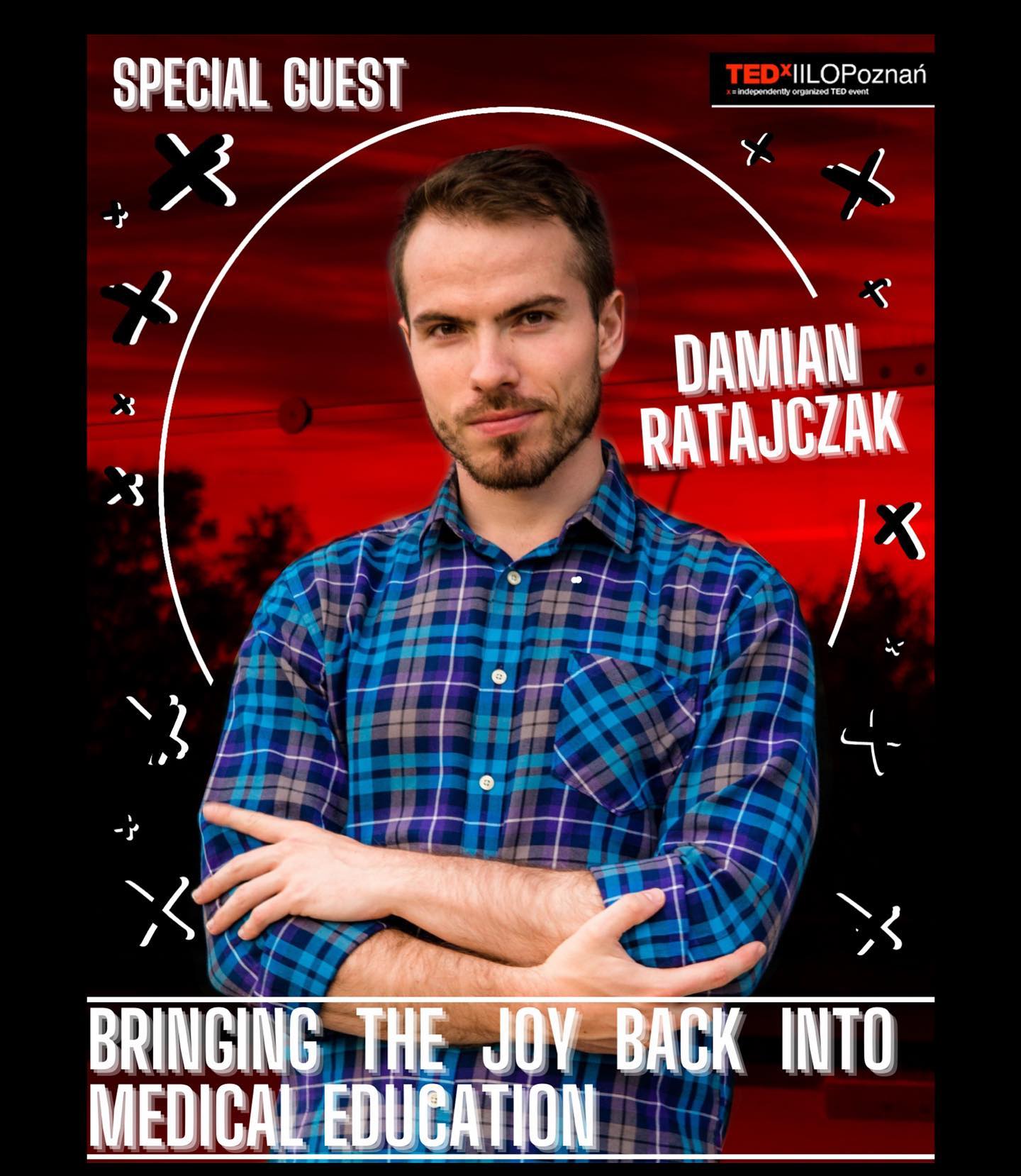A Balanced Look at United States of Care
Few topics in American political discourse are more divisive than healthcare. Democrats and Republicans disagree with each other – and among themselves – as to how to create a system that benefits all Americans. Yet as the politicians exchange words, more than 28 million Americans still lack insurance coverage, while millions of more citizens live in medically underserved areas, facing huge costs and horrific wait times for even the most routine treatment.
The only thing Americans can seem to agree on is the simple fact that there is a problem, and that dramatic change is required if the citizens of the world’s most powerful nation are to receive the medical care that they need. As Americans become increasingly disillusioned with the sluggish pace of political change, powerful figures from outside the current administration have been working on their own solutions.
In January 2018, CNN Money reported that Jeff Bezos, Warren Buffett and Jamie Dimon – the leaders of Amazon, Berkshire Hathaway and JP Morgan Chase respectively – are teaming up to combat the skyrocketing healthcare costs for their combined 840,000 employees. While they haven’t yet released concrete plans, these are powerful players with deep pockets, and chances are they will have some impact. Whether the benefits are felt beyond their immediate employees and their families, however, remains to be seen.
No sooner had Bezos, Buffet and Dimon made their announcement, then another figure stepped into the ring: Andy Slavitt. From March 2015 to January 2017, Andy Slavitt was Acting Administrator of the Centers for Medicare and Medicaid Services (CMS), a position to which he was nominated by President Barack Obama. After leaving office, Slavitt spent a year traveling the United States and talking to ordinary Americans about how the current healthcare deadlock is affecting their lives. In an Op-Ed in USA Today, Slavitt writes:
“Talk to a mom of a chronically ill child or a young man working in a fast-food job without benefits, or a dad who lost his job and his insurance. Talking to Americans about their health care is often a conversation marked by vulnerability, fear, and the fragility of middle-class life.”
To provide new ideas, policy support and creative energy aimed at tackling America’s healthcare crisis, Slavitt has unveiled his own non-partisan initiative: United States of Care. Announcing the initiative on Twitter on February 6, 2018, Slavitt writes: “Today launches a new movement to attempt to get past the politics and get affordable care for every American. The work is just beginning and we need everyone to participate to change things.”
United States of Care’s website outlines the organizations three guiding principles, which are:
- Affordable Source of Care: Every American should have an affordable regular source of care for themselves and their families
- Protection from Financial Devastation: All Americans should be protected from financial devastation because of illness or injury
- Political and Economic Viability: Policies to achieve these aims must be fiscally responsible and win the political support needed to ensure long-term stability
As reported by MedCity News, Slavitt has already assembled an impressive group of well-known individuals to support his initiative, including Atul Gawande and former Kentucky Governor Steve Beshear, Dignity Health CEO Lloyd Dean, former Congresswoman Gabrielle Giffords, former CMS Deputy Administrator Patrick Conway, Allina Health CEO Penny Wheeler and Providence St. Joseph Health CEO Rod Hochman, as well as actors Bradley Whitford and Andy Richter, and astronaut Mark Kelly.
United States of Care has received mixed responses from the media. While the group strives to be above politics, the state of healthcare is already so mired in political entanglements that overcoming the political stalemate may be too much of a challenge, especially for a group started by someone who is often seen as an establishment figure closely associated with Obamacare, rather than an unaffiliated outsider. The official blog of Physicians for a National Health Program, writes scathingly: “This organization that professes to place itself above politics is already smothered in anti-single payer politics and is doomed to fail. Sad.”
As a liberal activist, Slavitt has come under fire for supposedly abandoning politics in favor of a bipartisan approach. Some Democrats fear that this is giving up, and maybe even handing a political victory to the Republicans. Rather than carrying on the fight for liberal and democratic principles, some view Slavitt’s initiative as an attempt to leave the battleground and pursue solutions elsewhere. In an interview with CNN, Slavitt responds to this line of criticism as follows:
“The reality is that right now we don’t have the political make-up where people have the incentive to compromise. We have people in a world where their incentive is to get more polarized. So when we say health care over politics is a top priority, it (means) that we want to have an impact on constituents first in making care accessible to all Americans.”
The launch of United States of Care was announced by And Slavitt on Twitter on February 6. The majority of media coverage, positive and negative, followed closely on the heels of the launch. Slavitt has meanwhile been active on Twitter, and while his organization may be non-partisan, he himself doesn’t seem to hide or obfuscate his political leanings. In a Tweet posted April 7 with regard to the current midterm elections, he writes “Anything but a Democratic majority gives Trump free reign to take people’s health care.” Clearly, politics are no so easy to escape!
Our Position: As a provider of medical education software in touch with young and aspiring doctors in the US as well as globally, we at QUPI agree that the state of politics around healthcare in America is dire. QUPI aims to not only be the largest medical question bank, but also help increase the number of doctors in the world. Therefore, we welcome creative solutions from outside of the political sphere which may spur change and lead to tangible improvements that affect the lives of everyday people.
It is clear that, despite his experience and connections, Andy Slavitt has an enormous challenge in front of him if he wants to cut through the political stalemate and actually impel real change. While we agree strongly with the aims of his initiative, it remains to be seen whether or not this particular venture will live up to its aspirations.













